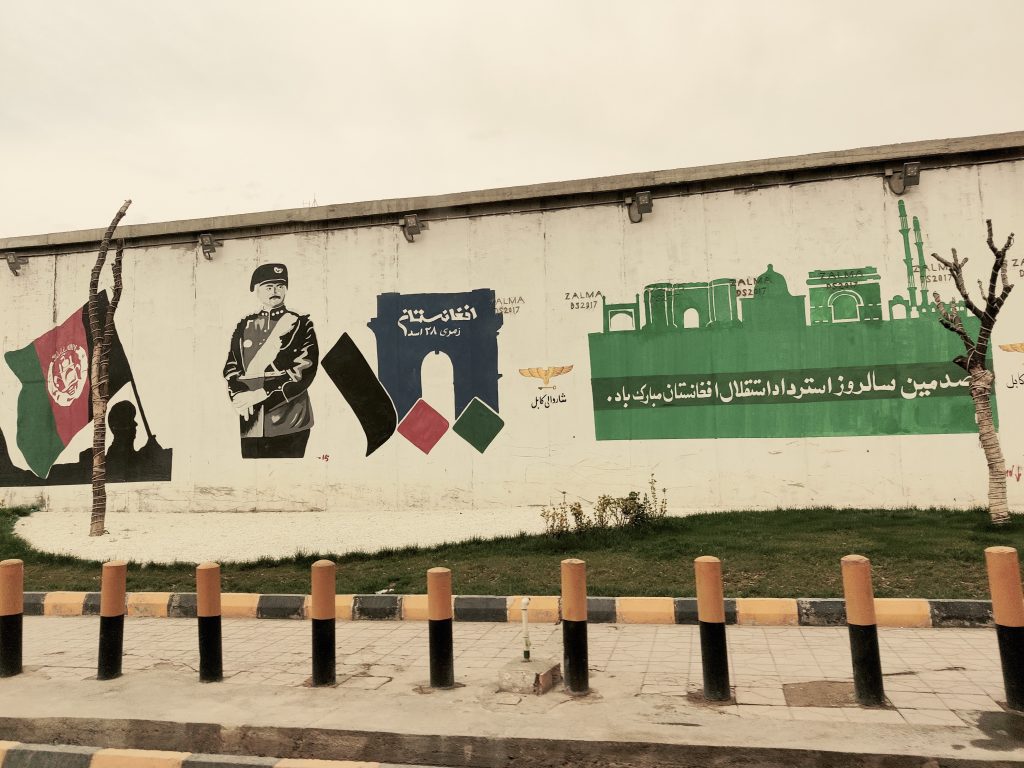
Written by Karim Merchant & Gry Synnevåg
Following an eight-month period of shuttle diplomacy and challenging negotiation, the U.S. and the Taliban signed a peace agreement in February 2020. The process did not include the Afghan government, who were then faced with a fait accompli placing them at the negotiating table without ownership over confidence-building measures agreed upon by US peace envoy Zalmay Khalilzad, and Taliban negotiators in Doha.
1st May deadline for withdrawing US troops
Over a year later, two rounds of talks have taken place to find an agreement on the overall basis for future discussions and a tentative agenda for further talks in due course. The glacial speed of negotiations displays a distinct lack of political will on one side and a rapidly approaching deadline of 1st May, when US troops are supposed to withdraw from Afghan soil.
In a leaked letter from U.S. Secretary of State Antony Blinken to the Afghan President Ashraf Ghani, there is clearly-worded frustration over the lack of progress along with the possible political embarrassment of delaying a US military withdrawal if conditions of the US-Taliban peace agreement are not met.
Integration of the Taliban into the government
Secretary Blinken’s letter clearly states a desire to undermine the hard-fought gains of following due political process in establishing a democratic state that is acceptable to Western eyes by recommending a shift to an interim government. Furthermore, an international conference is to be held in Ankara brokered by the UN with participants including China, Iran, Russia, India and Pakistan. The result will be the integration of the Taliban into some sort of hybridized governmental structure as part of an ambitious roadmap bringing the country into stability through the co-opting of the Taliban.
But who will benefit from yet another externally-driven and highly exclusive attempt at finding an exit strategy for an aid-fatigued international community?
Biggest beneficiary will be the Taliban
The biggest beneficiary will be the Taliban, being given a level of international legitimacy and political leverage to determine the future shape of an Afghan State. This is closely followed by a growing assortment of powerbrokers – not directly part of the current government – who will see this as yet another opportunity to further undermine the Ghani administration and rebuild ever-fluid political alliances in order to strengthen their respective influence over proceedings. Amongst the international actors, the U.S. will have delivered a feasible vehicle for its withdrawal, whether total or partial, along with regional partners primarily benefitting from the vacuum left by the U.S. and the expansion of proxy imperatives, some of which will undoubtedly be anti-U.S. Finally, the UN will be allowed to move from the sidelines to a more central role, playing the honest broker.
Those who will inevitably lose in the process merely underlines existing institutional and systemic fractures. An immediate victim will be the Government of Afghanistan, namely the Ghani administration, forced to stand down in the face of an interim or transition government being established. Despite the rhetoric and lobbying from external actors, women, youth, and minorities will continue to face an uncertain future over the rights and gains made since the last Afghan state-building exercise began in 2001.

Gry Synnevåg is an Associate Professor Emeritus at Noragric, where she is also a former Head of Department. Her main areas of expertise lie within agriculture and natural resource management, food security and sustainable livelihoods, with a geographic focus on conflict and post conflict countries.

Karim Merchant is a Visiting Fellow at Noragric and a consultant on policy, programme and project development and management in the fields of humanitarian assistance, food security, conflict-sensitive development and peacebuilding.


